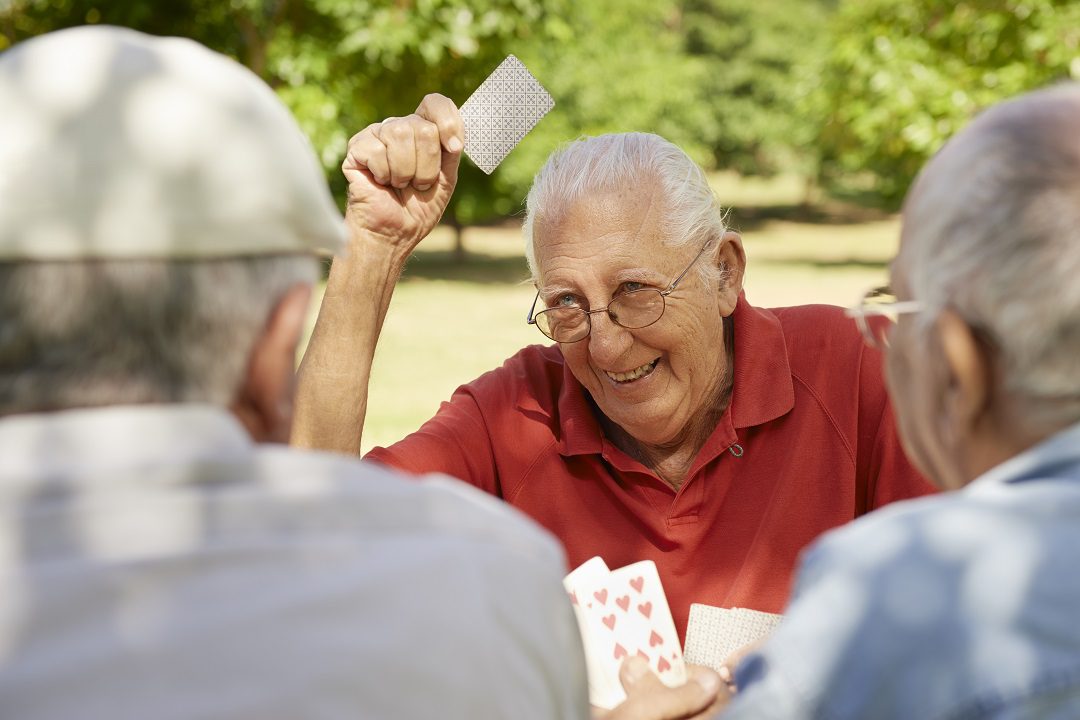People who have more people whom they know and spend time with (i.e. larger social networks) tend to have better brain health. They also tend to do better on tests of memory and thinking. People with dementia who are more socially active might also do better on memory tests.
People with dementia describe one of the positive things about having dementia is that it’s brought them closer to some of their family and friends. Discussing their diagnosis together and receiving support has helped them feel better.
However, other people with dementia find that it is a social disease. They say that friends often fall away, they don’t know how to talk to them, and they stop being invited to events. Some people with dementia avoid social situations, because they are worried about how others will treat them, or about being embarrassed. Many people with dementia feel more isolated since their diagnosis. See 2.8 Share your diagnosis, your way for suggestions on talking to your friends about dementia.
Reach out to friends, even if you weren’t usually the person who did the organising. Or ask a close friend or family member to help you organise with other friends and family. Here are suggestions for adjustments you might make to make socialisation easier:
- Spend time with people you feel closer to or more supported by.
- Spend time in smaller groups.
- Spend time in quieter places rather than noisy places such as pubs or restaurants.
- If you’re getting tired, take a break from socialising e.g. by going to a quiet place.
- Talk on the phone or by videochat.
- Write letters or email, or send messages.
Also see 3.9 Strategies from others for when you are out and about.
